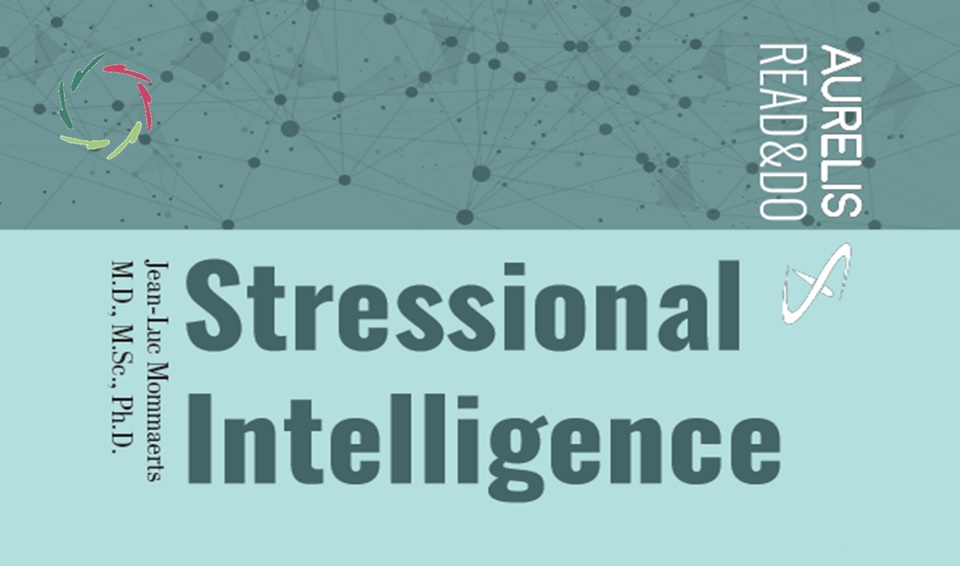Non-Consciously Stressed?

Counterintuitive yet congruent with basic science, it makes a world of difference, if not a different world.
A challenging question
How can one know that it is possible to be non-consciously stressed if whoever is not consciously aware of it when it occurs? Moreover, the question seems weird enough, given that it is hardly ever considered in science and everyday life.
And yet, it needs to be taken seriously because:
- If it’s the case, it turns many things inside out concerning health and healthcare.
- It is congruent with much, if not everything, in the science of mind/brain, while the reverse option is congruent with nothing.
Then what about the conscious feeling of stress?
This feeling is real indeed. No doubt, one can feel stressed in stressful circumstances. This conscious feeling of stress frequently coincides with physiological changes, such as heightened pulse, blood pressure, and rhythm of the breath. In the long term, science also increasingly shows that prolonged stress can lead to pathophysiological changes ― symptoms and disease.
But that still doesn’t prove that the conscious feelings of stress cause the changes. Something else may cause the changes, while it may also provoke conscious feelings of stress.
Are you with me?
If not, please stay with the above for a while. Can you savor the sheer logic of what you just read, this difference between correlation and causation?
If yes, then it may strike you that the conscious feeling of stress is not something you can purely consciously invoke. It comes with stressful circumstances in the environment or your imagination ― or a combination, if you imagine something in your environment that isn’t there. You cannot consciously just decide to be stressed for a few minutes whenever you want.
So, the conscious feeling of stress is invoked by ‘something else’ any time it appears ― no exception. This ‘something else’ is not the circumstance but your perception of it, another thing you cannot consciously establish. Your perception is what it is. Although you can open yourself, you cannot consciously choose a different perception.
So, where are we?
Your non-conscious perception (of an imbalance between the wanted and the possible) drives your conscious feelings of stress.
Now, there is no reason why the non-conscious perception always has to end in conscious feelings. Here, we can point to many things happening non-consciously with no conscious part. For instance, science shows the heartbeat being non-consciously influenced by the brain in ways far from conscious awareness.
What about the stress-invoked changes and symptoms?
The impression that these come from conscious awareness shows to be an artifact related to the basic cognitive illusion, as so many other things are.
Non-conscious processing is mainly subconceptual ― the result of many mental-neuronal patterns mutually influencing each other. Many of these patterns are continuously partly or wholly formed but don’t reach consciousness. There is just not enough conscious space for the underlying universe.
This way, we can have the symptoms of stress whether or not we are consciously aware of the underlying causation. ‘Non-consciously stressed’ means that we happen not to be consciously aware.
That is the only difference.


